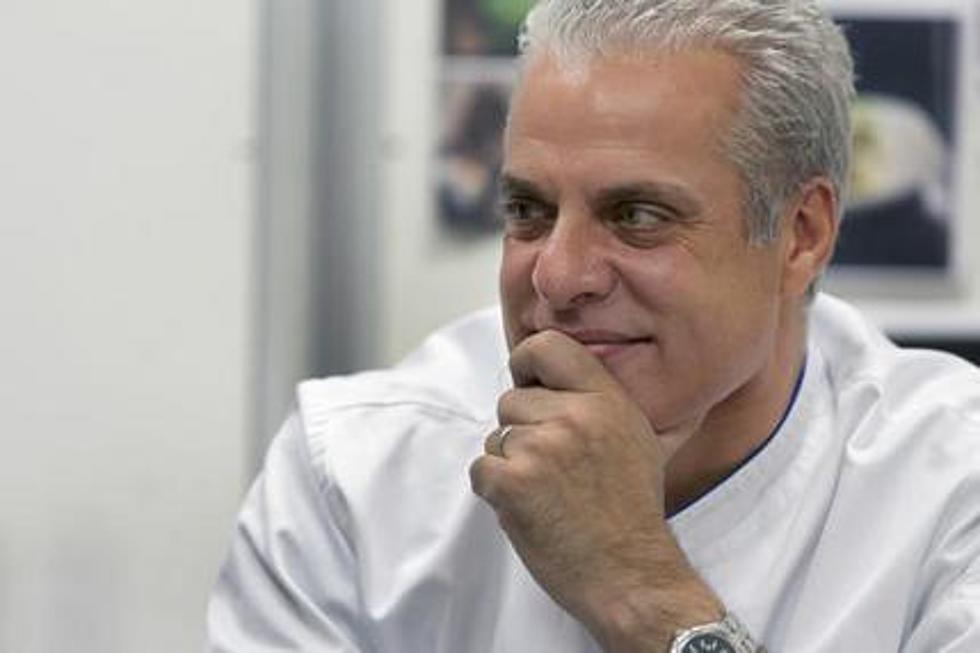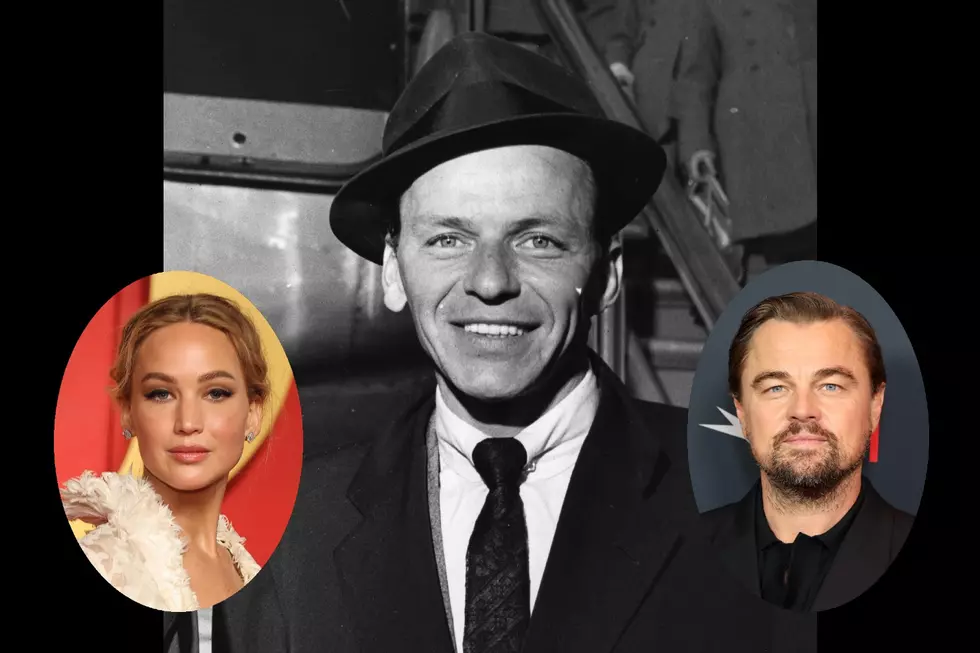
Chef Eric Ripert recalls uphill climb to culinary greatness
When Eric Ripert turned 18, he had a crisis of confidence. He was working in Paris at the famed La Tour D'Argent, a grueling first step on the journey from his childhood in the mountains of Andorra to where he is now -- one of the most admired chefs in the world, leading Manhattan's elegant Le Bernardin for more than 20 years.
But one day, it occurred to him that perhaps he should be a fashion model instead.
"I had finally started dating," he explains with a grin. "And a girlfriend said, `Wow, you're good-looking, you should be a model!"
Ripert's mother back in Andorra, a tiny principality between Spain and France, was dismayed. But she had fashion-world connections, and arranged a meeting for her son at the Courreges label. And that's where they put him straight. "Listen," a man at the fashion house told Ripert. "You may THINK you're good-looking, and probably in your home village, you are. But this is Paris!"
It was, Ripert says now, "the shortest meeting I ever had in my life."
Somehow, that anecdote never made it into Ripert's engrossing new memoir, "32 Yolks," which came out this week. But the 51-year-old chef recalled it as he sat down with The Associated Press recently at Le Bernardin and reflected on his arduous climb to the pinnacle of the culinary world. Being a top chef was a dream he'd had since he was a young boy hanging out after school in a local chef's kitchen, polishing off bowls of chocolate mousse.
"I always had a passion for eating -- and for good ingredients," Ripert says.
That passion for ingredients had been on display just minutes before the interview, as Ripert prepared for the restaurant's lunchtime opening. His first task was to sample the sauces, as he does each day in his bustling but airy kitchen, staffed by more than 50 cooks. "Too spicy," he had quietly pronounced of the sauce intended for octopus.
"Spicy is good," he explained later, "but what we don't want is to be burned here" -- he touched the sides of his throat. The cook in charge of the sauce station was already correcting the situation by discarding half, then adding more and calibrating the ingredients. It's hardly a simple task; the sauce station is the toughest in the kitchen.
"You start with salads and move up in the hierarchy and end in the sauce station," Ripert says, echoing his own training. "In every kitchen it's the most difficult. Because you're basically capturing flavors in a liquid, and that's complicated."
And it's not just about capturing flavors, but by keeping them calibrated all night long. "The last client should have the same taste as the first client. But some ingredients expand, and some die," he explains. "And some are killers, they destroy everything." A drop of lemon juice, for example: "An hour later any other flavor that was with it is dead."
Ripert knows well what it's like to be that guy at the kitchen station -- any station. "32 Yolks" refers to his disastrous first day at La Tour d'Argent, his first job out of culinary school. He was asked to mince some shallots; he sliced his finger open on the first one. Then he was asked to take 32 yolks and make a hollandaise sauce. He bombed. Then he was asked to fetch some chervil. He had no idea what it looked like.
Two weeks later, he hoisted a three-foot tall pot of boiling water and lost control. When he removed his socks, his scalded skin peeled off with them. He was sent home for a three-week recovery, but hobbled back a week later with swollen feet to show his dedication.
And worse was to come. Ripert's next boss, culinary wizard Joel Robuchon, was obsessed with earning a third Michelin star, and worked his staff to extremes; once, he asked them to peel every single pea individually, to remove a tiny sprout inside. "I saw a few guys punch the walls," Ripert writes of his time there. "Some guys suffered crippling anxiety attacks." Still, he greatly admires Robuchon's talent and calls him "my hero."
Ripert also writes with frankness of his childhood -- of happy years with his father before his parents divorced, and unhappy times afterward with his stepfather, who bullied him, made his home life hell, and sent him to boarding school, where, he writes, a priest made advances on him. Throughout, food saved him: He ended up at culinary school, which launched his career.
Ripert was in his 20s when he got the offer to go to Washington and work for French chef Jean-Louis Palladin at the Watergate Hotel (the book ends here). We have to ask, was it finally smooth sailing?
Hardly, Ripert laughs.
"I didn't speak English," he says. "And I guess I had an ego, and the naive idea that America was the continent of the burgers, and I was coming to save the world. I expected a red carpet. That was a rude awakening." Things got so tough, he thought of going home.
But he stayed, and in 1991, he was summoned to New York by Gilbert LeCoze at Le Bernardin. Three years later, LeCoze died, and Ripert took over as head chef. The rest is culinary history, and Ripert sees no end coming soon.
"Passion never goes away," he says. "I'll be here for a long time."
(Copyright 2016 The Associated Press. All rights reserved. This material may not be published, broadcast, rewritten or redistributed.)





